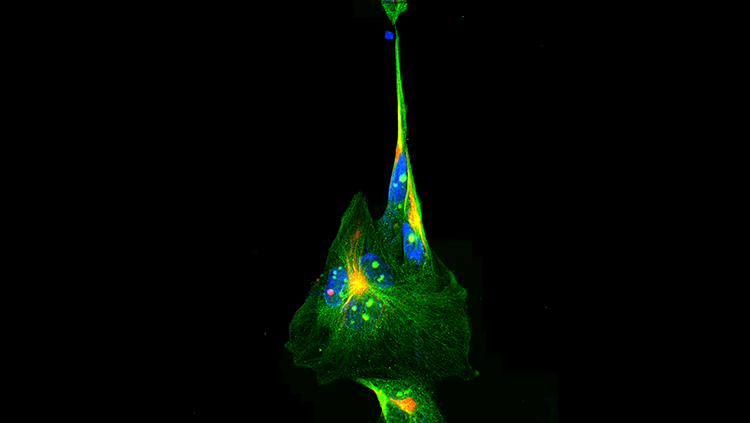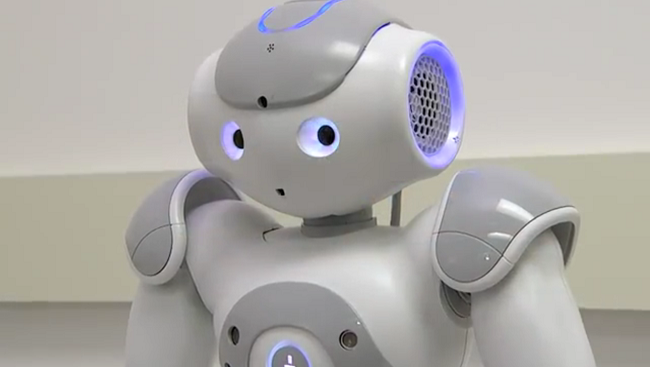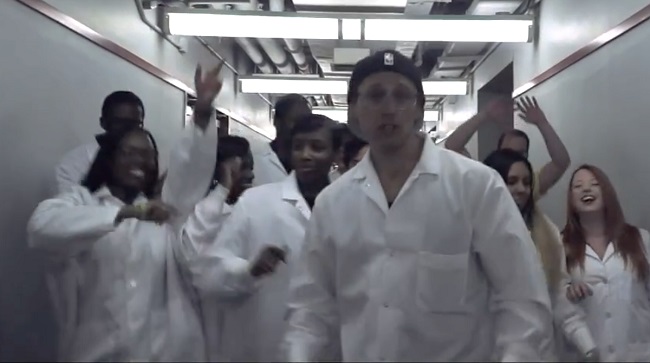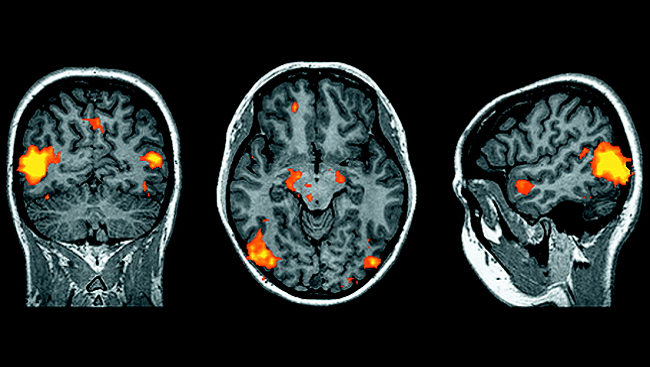Carla Shatz: Shattering the Glass Ceiling
- Published16 May 2012
- Reviewed2 Jun 2016
- Author Michael W. Richardson
- Source BrainFacts/SfN
Carla Shatz has broken new ground for women in neuroscience. At Harvard Medical School, she was the first woman to receive a PhD in Neurobiology and the first woman to chair the neurobiology department. She was also the first woman to achieve tenure in the basic sciences at Stanford University. She currently directs Bio-X, an interdisciplinary institute at Stanford drawing upon researchers in biomedical and physical sciences, clinicians, engineers, and computer scientists to investigate big questions in biology. In 2011, she was awarded the prestigious Gerard Prize for career achievement and is a 2016 Kavli Prize laureate in neuroscience.
Carla Shatz, PhD, is a professor of biology and neurobiology at Stanford University, as well as the director of Bio-X.
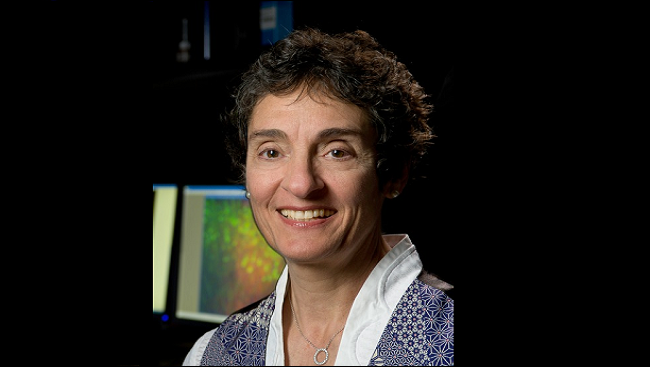
What first interested you in science?
No one thing. The question one might ask, especially of young girls, is what turned you off of science? I think we have an innate interest in the world around us and often in scientific things. I think it’s the fear of science and the complexity that turns people off. This stuff was all around when I grew up, and everyone in my family loved science fiction. It was a marvelous way of thinking about the future.
I majored in chemistry at Harvard as an undergrad, but I always loved the arts, and I took as many classes in design as I did in science and math. At one point I had to decide what to do. I went to my advisor to choose a lab to do my thesis work in. He said to me, “You could go over to Harvard Medical School and see if these two young scientists, Hubel and Wiesel, are taking undergrad students into their lab.” So I went over, and Hubel interviewed me, and they accepted me to hang out and work in their lab as a senior and do my honors work there.
Little did I know that I was the first undergrad to ever wander across campus from Harvard College to the Medical School. They were intrigued, and they accepted me. Of course, this was years and years before they won the Nobel Prize for their work on the visual system. They were working on functional understanding of the visual system, and I was totally captured by this.
In your career, you've made a lot of strides and marked a lot of milestones for female scientists. What was it like to start your career in a male-dominated field?
I think this is where being a bit of a nerd is good: I didn’t notice at first. Over the course of my career I’ve become very aware of what it means to be a woman in a field that, despite great strides, is still male dominated. I think it was perhaps a blessing that I didn’t notice at first and that people didn’t treat me as weird because I was a woman majoring in chemistry.
When I actually went to graduate school and worked with Hubel and Wiesel, I was the first woman to receive a PhD from the Harvard Department of Neurobiology. They were wonderful to me, and that was a real testament of their abilities to nurture someone. Later I was told that they had a huge debate of whether or not to admit me to graduate school. Apparently there was a real debate of whether women “had it in them” to do this.
Now that I look back at my career, I was also the first woman to get tenure at Stanford in the basic sciences and the first woman to be hired by the Stanford University School of Medicine. There were a lot of challenges.
Looking back I had wonderful mentors but no role models about how to combine a work life and a personal life. Although I’ve been extremely successful in my professional life because I’ve had great role models there, my personal life has been very complicated — divorce and waiting too long before having kids, and then not having them. Being among the first women to be successful in science, it would have been nice to have had some other role models.
What advice would you give a student interested in science or who may want to work in the field?
My biggest piece of advice is: Ask for advice. You don’t have to take it, but it’s better to get advice from other people and get perspective on what you’re trying to do. And nowadays that’s possible, and there are a lot of great female and male scientists. So that’s what’s different now than before, not only for women, but also for men. We’re much more comfortable talking about experiences. I wish the path for women was easier, and I still think there’s a lot to be done. But my advice is to get advice, and don’t make decisions on your own.
What are you and your lab currently working on?
We are really interested in how the brain changes with learning and experience. Why does a child learn languages easily, but it’s so hard for adults? What’s different from the adult brain and the developing brain that produces this awesome learning ability? My lab has been using the visual system as a model for how experience can change brain circuits, because the visual system learns, and the circuits are tuned up after birth and surprisingly before birth. There are these critical periods where neural activity between the eye and brain and later vision is needed to tune circuits. What the lab has been doing recently is to try and explain the mechanism that permits experience of the world or neural activity to alter brain circuits. We’re trying to understand what regulates these critical periods of development. We’ve discovered really unexpected sets of molecules that seem to act as brakes on circuit change and brain circuit tuning. Wouldn’t it be great if you could take off the breaks following brain damage to retrain brain circuits, or help people with Alzheimer’s learn and remember better?
CONTENT PROVIDED BY
BrainFacts/SfN
Also In Archives
Trending
Popular articles on BrainFacts.org



